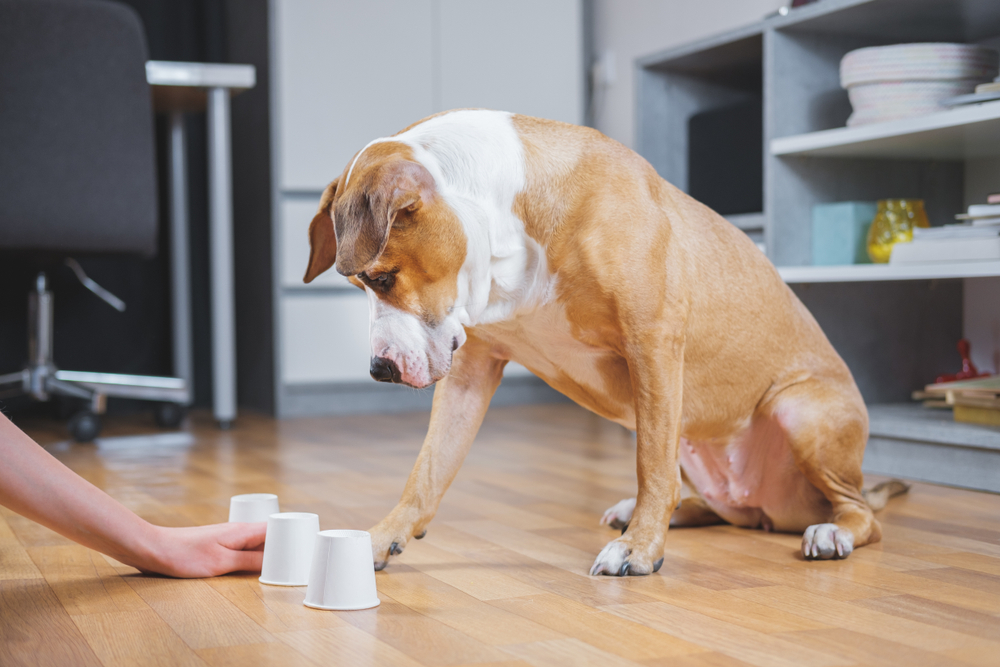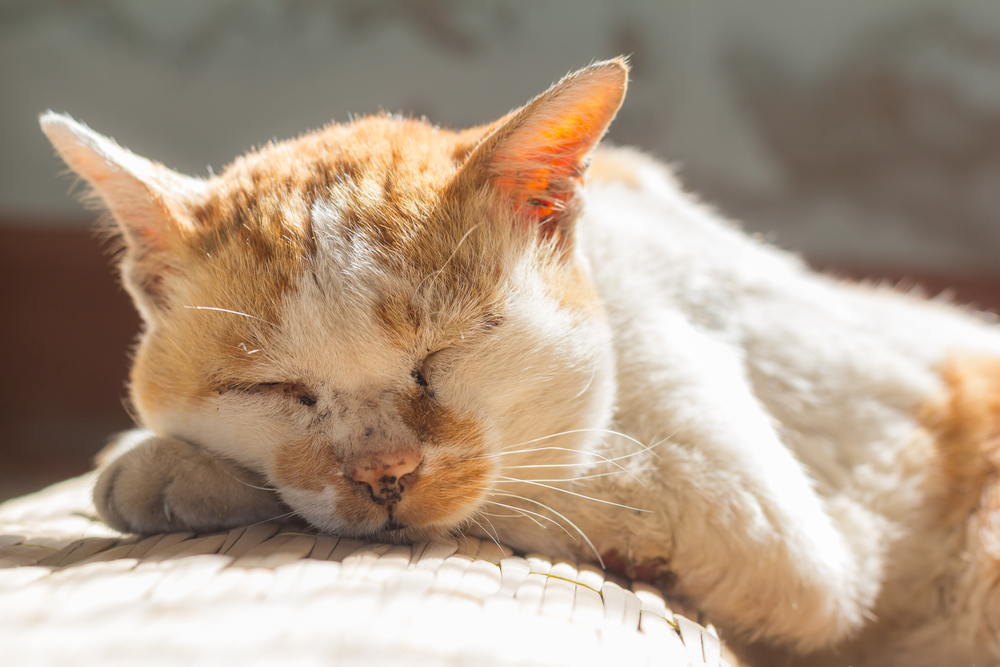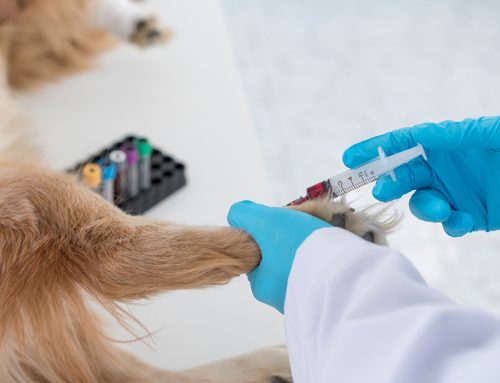As your beloved pet gracefully transitions into their golden years, their needs begin to shift,
and they need your extra love, patience, and support to continue to enjoy a good quality of life. While not every pet ages the same way, most pets will experience reduced metabolism and mobility, appetite changes, and cognitive decline. Pets support us throughout our lives, and we can return the love by providing them with special care during the next chapter of their life. Our team at Boca Midtowne Animal Hospital shares ways to support your senior pet, so you can help make their golden years some of their happiest and healthiest.
Supporting your senior pet’s health
A proactive approach to your pet’s wellbeing, including regular wellness exams, can help ensure your pet’s good health through every life stage. Senior pet wellness screenings increase your pet’s longevity cost-effectively and safely. Pets age much more quickly than people, and senior pets are at higher risk for numerous health issues, including kidney and liver failure, cancer, diabetes, thyroid dysfunction, endocrine disorders, and cognitive dysfunction and should be evaluated by a veterinary professional at least every six months. A senior pet’s wellness exam includes a thorough physical examination and the following diagnostics:
- Complete blood count (CBC) — A CBC evaluates your pet’s red blood cells, white blood cells, and platelets. Our veterinary team will look for abnormalities that indicate issues such as anemia, infection, inflammation, clotting disorders, and certain cancers.
- Biochemistry profile — We will run a biochemistry profile to evaluate several body systems and assess overall health. Abnormalities can indicate issues such as diabetes, kidney disease, liver disease, and electrolyte imbalances.
- Thyroid panel — Senior pets are at higher risk for thyroid disease, and our veterinary team may recommend a thyroid panel to check your pet’s levels.
- Urinalysis — Our veterinary team evaluates the appearance, concentration, and content of your pet’s urine. Abnormalities can indicate urinary tract infection, diabetes, kidney disease, and urinary crystals.
- Fecal check — Our veterinary team evaluates your pet’s feces to check for parasites, such as roundworms, whipworms, hookworms, coccidia, and Giardia.
- Heartworm test — Heartworms are dangerous parasites that can significantly damage your pet’s heart and lungs. Our veterinary team performs a heartworm test to ensure your pet’s heart is parasite-free.
Supporting your senior pet’s fitness
Supporting your senior pet’s weight and fitness is crucial for their overall wellbeing and longevity. As pets age, their metabolic rate often slows and they are more prone to weight gain, which can exacerbate joint issues and strain their cardiovascular system. Help your senior pet maintain their healthy weight by:
- Choosing a well-balanced diet — A senior diet food is correctly balanced for your pet’s life stage and health needs and will not only help them feel full but also ensure they receive essential nutrients.
- Measuring correct portions — Rather than feeding a random amount, measure correctly portioned meals. Calculate the number of calories your pet needs each day, divide that amount into two or three meals, and use a measuring cup to ensure you feed them an accurate portion.
- Limiting treats — When calculating your pet’s daily caloric requirements, set aside 10% of those calories for healthy treats.
- Exercising regularly — Pets need regular physical activity to maintain a healthy weight. Plus, daily exercise benefits more than your pet’s physical health by relieving anxiety and boredom.
- Monitoring your pet’s weight — Weighing your pet regularly and evaluating their body condition score (BCS) will help you establish your pet’s healthy baseline and better manage their weight.
Supporting your senior pet’s mind

Cognitive decline is common in senior pets, but you can slow the process with enrichment activities that stimulate their mind. Interactive toys, puzzle feeders, and regular training sessions can help maintain neural connections and promote mental alertness. Additionally, consistent routines provide comfort and predictability, reducing stress and confusion.
Supporting your senior pet’s comfort
Older pets commonly develop arthritis, which wears down joint cartilage and underlying bone as the disease progresses, causing significant inflammation and pain. Identifying arthritis signs early ensures your pet can get pain relief early. Signs may include:
- Limping
- Stiffness after resting or sleeping
- Abnormal posture
- Muscle atrophy
- Hesitancy to jump onto furniture
- Reluctance to use stairs
- Decreased interactions with family members
- Irritability
- Increased sleeping
- Vocalizing
If you suspect your senior pet is suffering from arthritis, contact our team. We will perform a thorough physical exam to determine whether your pet’s joints are painful and determine the appropriate treatment to alleviate their suffering.
With high quality veterinary care, your senior pet can continue to enjoy a good quality of life for many years to come. Contact our Boca Midtowne Animal Hospital if you are concerned about your senior pet’s mental or physical health, or to schedule their next biannual senior wellness exam.








Leave A Comment